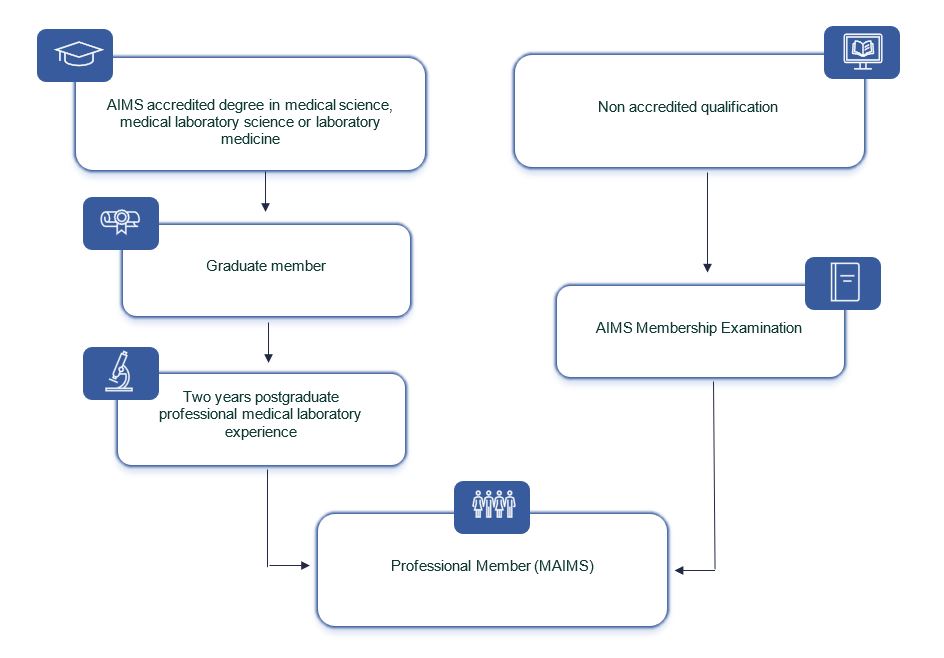Student Connectedness - Pathology
Pathology is a branch of medical science that investigates the causes, nature, and effects of diseases. It involves the comprehensive study of tissues, organs, and bodily fluids to understand disease processes, identify abnormalities, and provide diagnostic information. Medical scientists analyse samples obtained from biopsies, autopsies, and other medical procedures to help guide patient care and contribute to medical research. They play a crucial role in diagnosing diseases, monitoring treatment effectiveness, and contributing to the broader understanding of medical conditions.

In Australia, medical scientists work in a variety of settings that support healthcare, research, and public health. Here’s an overview of where medical scientists commonly work in Australia:
Roles: Perform diagnostic tests, conduct research, and support clinical care across departments such as hematology, microbiology, and biochemistry.
Examples: Major hospitals like Royal Melbourne Hospital, Westmead Hospital, and private hospitals like Ramsay Health Care facilities.
Roles: Conduct routine and specialized testing, manage laboratory operations, and ensure quality control.
Examples: Labs operated by companies like Sullivan Nicolaides Pathology and Australian Clinical Labs.
Roles: Analyse samples for public health surveillance, monitor disease outbreaks, and conduct epidemiological research.
Examples: Labs operated by the Victorian Department of Health, Queensland Health Forensic and Scientific Services, and NSW Health Pathology.
Roles: Engage in biomedical research, develop new diagnostic methods, and contribute to academic publications.
Examples: Institutions like the Walter and Eliza Hall Institute, Garvan Institute of Medical Research, and universities such as Charles Sturt University.
Roles: Work on drug development, clinical trials, and research into new technologies and therapies.
Examples: Companies like CSL Limited, Biota Pharmaceuticals, and Medibio.
Roles: Analyse forensic evidence related to criminal investigations, including DNA and toxicology testing.
Examples: Forensic labs operated by organizations like the Australian Federal Police (AFP) and state-based forensic services.
Roles: Conduct diagnostic testing on animal samples and support veterinary research.
Examples: Work in labs associated with veterinary schools or private veterinary diagnostic services.
Roles: Work on health policy development, regulatory compliance, and laboratory standards.
Examples: Australian Government Department of Health, Therapeutic Goods Administration (TGA), and National Health and Medical Research Council (NHMRC).
Roles: Provide expert consultancy services on laboratory practices, diagnostics, and research.
Examples: Consulting firms that offer services to healthcare providers, research institutions, and laboratories.